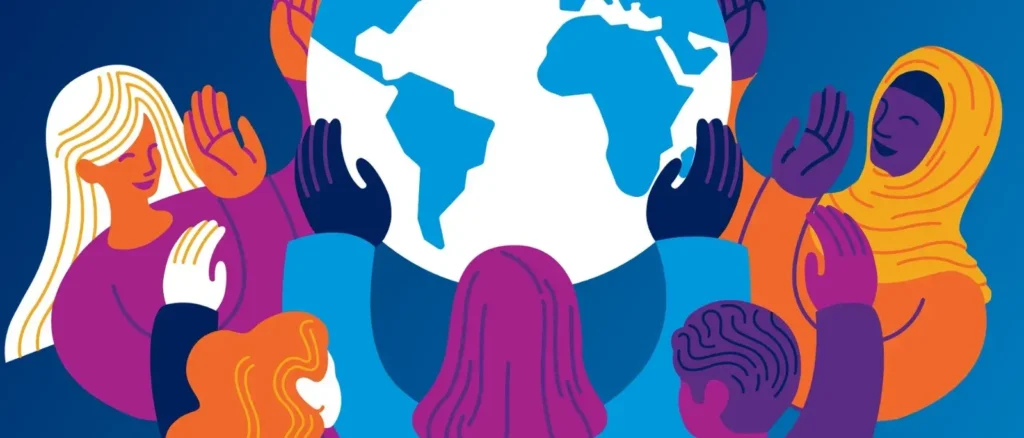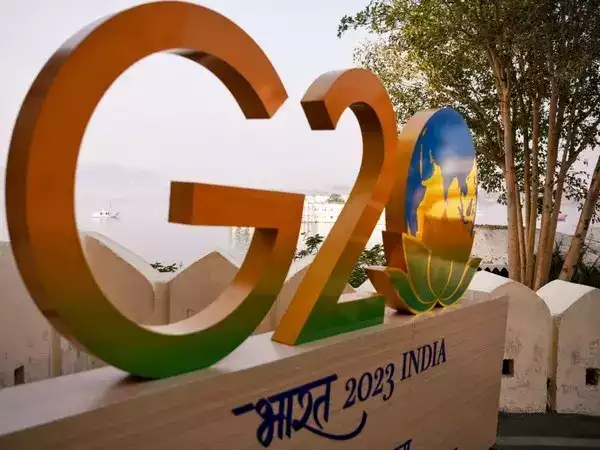Over 1 in 5 Adults Worldwide Infected with Genital Herpes: WHO
According to the World Health Organization (WHO), over 846 million people aged 15 to 49, or more than one in five individuals in this age group, are living with genital herpes infections globally. These findings, published in the journal Sexually Transmitted Infections, highlight the widespread nature of the infection and underscore the urgent need for improved prevention, treatment, and vaccine development. Each year, an estimated 42 million people contract a new genital herpes infection, equating to one new case every second. While many infections are asymptomatic, over 200 million individuals in 2020 experienced painful genital sores and blisters, often requiring repeated medical visits. Dr. Meg Doherty, WHO’s Director of Global HIV, Hepatitis, and STI Programmes, emphasized the strain on global health systems: “Genital herpes causes pain and distress for millions, and better prevention and treatment options are critical to controlling its spread and reducing its health impacts, including its link to an increased risk of HIV transmission.” The study estimates 520 million people have genital HSV-2, responsible for 90% of symptomatic cases and associated with a three-fold higher HIV risk. An additional 376 million are infected with genital HSV-1, which is increasingly transmitted during adulthood due to declining childhood oral infections. Herpes infections carry significant social and economic burdens. Stigma often silences discussions about the infection, and healthcare costs and productivity losses are estimated at $35 billion annually. WHO advocates consistent condom use and avoiding sexual contact during active outbreaks to reduce transmission. It also recommends HIV testing for individuals with genital herpes and pre-exposure prophylaxis when needed. Research into vaccines and new treatments remains a priority, as these advancements could significantly improve global health outcomes and reduce the stigma surrounding herpes infections. Source: World Health Organization Photo Credit: World Health Organization
Over 1 in 5 Adults Worldwide Infected with Genital Herpes: WHO Read More »


